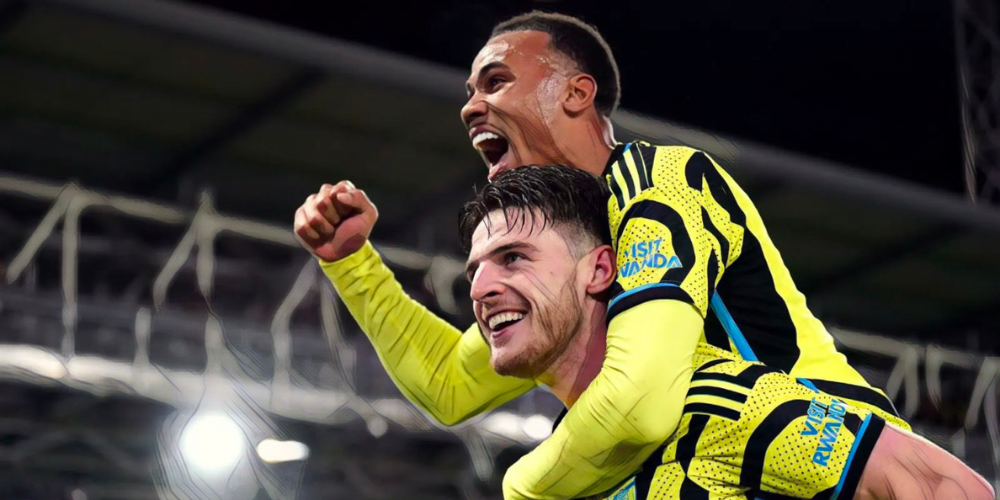Saul Niguez has opened up on his struggles at Chelsea following a difficult adaptation since his summer arrival.
Saul signed for Chelsea on a season-long loan deal from Atletico Madrid and his arrival was widely viewed as a coup for the west Londoners, though he has largely failed to make an impact and has started just two Premier League fixtures.
The Spain international was hauled off at half-time on each occasion, but recent showings have shown subtle signs of improvement from the midfielder.
Saul has opened up on his adaptation to the Premier League and admits his start at Stamford Bridge hasn’t been ‘easy’.
“The beginning wasn’t easy for me,” he told the official Chelsea website. “I have changed my whole life, moving from Madrid, leaving Madrid with my family, changing language and culture, even the small things like driving on the other side of the road!
“Everything has changed – the stadium, team-mates, my whole life. The truth is it hasn’t been easy but I’m very grateful to my team-mates and the club for making it easier for me to adapt. My English is improving and everything is becoming a bit easier.
“Personally, I would like to have played more but I also understand that this team won the Champions League last season so it is difficult to get into the team. I feel good and every day I’m feeling better and prepared for when the head coach needs me.”
The 27-year-old discussed the differences between England and Spanish football, admitting the Premier League is more physical and a ‘bit crazier’ than La Liga.
“They are totally different,” he admitted. “Over there, it’s much more tactical, whereas here it’s more physical and a bit crazier. There’s more back and forth, it’s less about having control of the game and more about entertaining the fans. You can do things here that you really can’t do in La Liga.
“For example, I was talking to my friends the other day about Eden Hazard. When he was here, he was easily one of the best players in the world and then he goes to La Liga and has his own difficulties because it’s a totally different game.
Next round 💪🏽🔵 pic.twitter.com/kaT33ZBnzw
— Saúl Ñiguez (@saulniguez) January 8, 2022
“Here he had more one-vs-ones and two-vs-ones but in La Liga, because everyone knows how good his team is and how good he is, other teams make it much more difficult for him. Here it’s happening a bit in reverse, although I think it’s a bit easier to adapt from La Liga to the Premier League than from the Premier League to La Liga.”
Saul also spoke on his adaptation to Thomas Tuchel’s methods, having spent his entire senior career under Diego Simeone at Atletico Madrid.
The midfielder admits it was ‘quite difficult’ to adjust to Chelsea’s man-marking in midfield, having operated in a zonal system in the Spanish capital.
“The biggest example at the start is with the marking as here it is about man-marking in the midfield, which allows the back five to move more and be more fluid. At Atletico, it’s zonal marking so if your team-mate goes forward then you close the space behind and you don’t mark the man. Whereas here you don’t close the space, you focus on the man.
“So it was completely different and quite difficult for me because I couldn’t quite do what the head coach wanted me to do but I’m very lucky that Thomas speaks very clear English with an accent that I can understand. I’ve also been learning English so I can understand better what the head coach wants and adapt myself.”
Competition for places is fierce in the Chelsea midfield and Saul admits it has been a struggle to command regular minutes, praising the quality of the club’s options and stating his belief that he will improve training alongside top players.
“It’s a different thing but when you leave your home and join the champions of Europe, it’s obviously a big challenge. You can only put two out of Jorginho, N’Golo Kante, Mateo Kovacic and Ruben Loftus-Cheek in a midfield four, and two of them were nominated for the Ballon d’Or!
“I knew what I was coming into and despite not playing all of the minutes, my intention is not just to play but to learn and to grow. In the end, playing with such good players makes you grow and it makes you a better player. Learning English will help me for the rest of my life so this experience is not only about football. I’m adapting and growing as a person and a player.”



